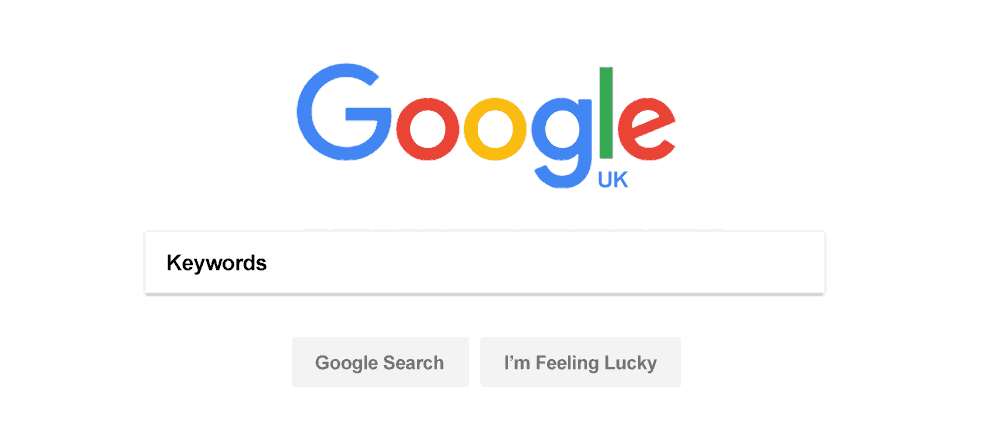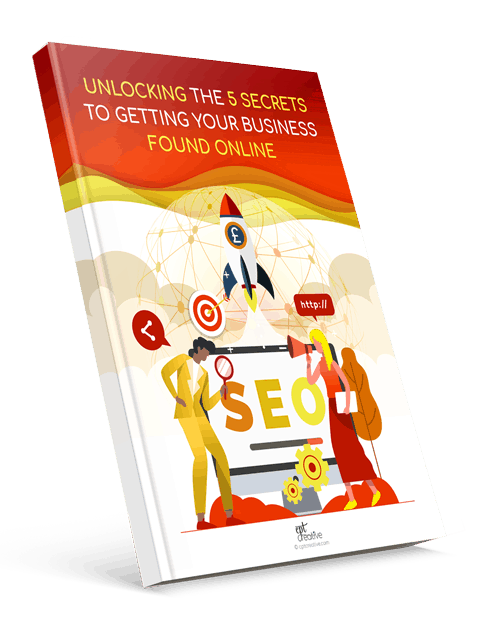The importance of keywords in your SEO

The importance of keywords in your SEO
Updated 21st October 2017
Hello!
I want to talk to you about the importance of keywords in your SEO.
SEO has changed a lot over the years, and it continues to change as search engines like Google update their algorithms year on year. High quality content is where the focus is now and keywords play a huge role in this.
What are Keywords?
Keywords are the fundamental building block of search. As the search engines crawl and index through the content of your web pages, they keep track of those pages using keyword-based indexes. Hundreds of millions of small databases based on a keyword or phrase allows the search engines to very quickly retrieve data. This is preferable to storing tens of billions of web pages all in one database.
When we enter words into search engines, the engine matches and retrieves pages it has stored based on the words we entered. Spelling, punctuation and capitalisation provide additional information to the search engine and that is used to help it retrieve the relevant pages.
The best way to optimise a search engine’s ranking is to make sure that the keywords you want to be ranked for are correctly and prominently used in your web pages, in the form of page titles, headers, text and metadata. The more specific your keywords, the less competition there is and therefore should improve your search results and improve a higher ranking.
Keyword Abuse
Since the days of dialup, people have abused keywords in order to try and manipulate the search engines. This would involve adding popular search words to content that is not relevant. This will almost always do more harm than good. This used to happen because search engines’ main primary search criteria was keywords, regardless of how they were used on a page. Search engines are now much more sophisticated and will block any attempt at abusing the system.
Why are keywords important?
Although not as dominant as they once were, keywords are still a very important part of search engine ranking algorithms. They are the link between what people are searching for and the content you have on your site. The more specific your keywords, the better chance your customers have of finding you. However, creating content with keywords that ranks well requires the understanding of your visitors and the language they use. Ideally you want to use keywords that a lot of people are searching for but not used by your competitors. It can be a difficult process but it is entirely possible if you do some keyword research.
How to do keyword research:
To do your keyword research, start with an idea, product or a topic. This will be your head keyword and would normally come from the industry you are in or a product you sell. Once you have this head keyword, write down lots of similar words or variations of that word. After you have a good list, have a think about which of these words would be hard to rank for in search engine results pages (SERPs). This is where online keyword tools become very useful. You can start by adding your keywords into the free keyword tools listed below. Depending on which tool you use and if you are using the free version, they will tell you how popular your keywords are and how difficult it would be to rank well for them. After some testing and trial and error, you should end up with a list of keywords that will help you rank higher in SERPs.
Free online keyword tool suggestions:
Moz’ Keyword Explorer Tool
Google AdWords Keyword Planner
Ubersuggest
WordStream’s Free Keyword Tool
Bing’s Keyword Research Tool
Different type of keywords
There are two types of keywords, Broad keywords and Long-tail keywords. Broad keywords are short words or phrases that whilst applying to your specific business might also apply to every other business in your industry and even outside of your industry. Long-tail keywords on the other hand are often a bit longer than the broad keywords and are more specific to your own business.
Broad keywords examples:
- Magazine
- Car
Long-tail keywords examples:
- Children’s Football Coaching Magazine
- Honda Civic Type-R car
You’ll probably want to start by using long-tail keywords rather than broad keywords, as they are more relevant to your business, you’ll probably rank much higher in SERPs and will attract more relevant customers. which in turn is more likely to turn into sales.
Where to use Keywords?
You can apply some proven techniques for keyword usage to help you create web pages that are well optimised for both your customer and the search engine crawlers:
- Use keywords in your title tag at least once. The closer the keyword phrase is to the beginning of the title tag, the better it is for ranking.
- Use a keyword in your <h1> header.
- Use a keyword prominently near the top of the page content and use at least two or three keywords in the body copy. More if the copy is very long.
- Use at least one keyword in the alt tag of an image.
- Use once in your website’s URL.
- Use at least once in the meta description tag. This will make sure the search engine knows exactly what your page’s content is about and so can list it when that keyword is searched.
Do keywords need to be an exact match?
Nope! Keywords don’t need to be an exact match. You want your keywords to make the most sense for your customers. Ideally you want a well written <h1> headline, containing at least one keyword that tells the user what the content is all about.
It is annoying for the user to read a headline that is full of keywords and doesn’t make much sense. This same rule applies to the content, the goal is to inform the reader, not the search engine. Adding too many keywords in your content is also seen as a bad thing by search engines and could get your site penalised.
And that, my friends, is a short summary of what keywords are and how you should use them in your website. If you're interested in other aspects of SEO, sign up to my newsletter below and receive a free ebook all about SEO and how it will benefit your business.
If you have a comment or want to ask any questions about the importance of keywords in your SEO, please leave a message below.
Until next time…
Colin
Share the love!

FREE DOWNLOADABLE GUIDE
Is Your Website Getting Found on Search Engines?
Download our free guide to learn how to optimise your website and the secrets you need to unlock for the search engines to rank your website higher.

Its very helpful articel for new user.
Woww
nice info
Keywords are phrases that sum up the content of a page. Keyword research is the backbone of smart SEO. I love the way you provide info in this article and audience who will come to read or finding such information may also like it.
———